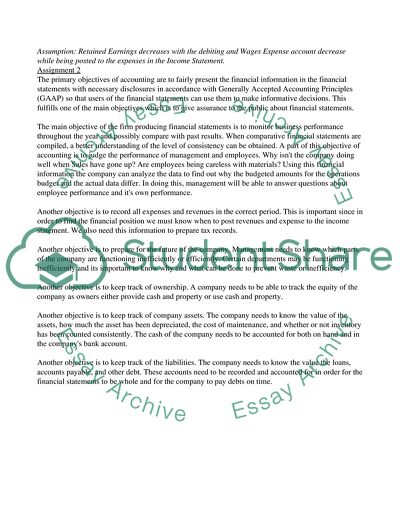Cite this document
(“Balance Sheet, Income Statement and Objectives of Accounting and Firms Assignment”, n.d.)
Balance Sheet, Income Statement and Objectives of Accounting and Firms Assignment. Retrieved from https://studentshare.org/finance-accounting/1752067-accting-unit-1-assn-12
Balance Sheet, Income Statement and Objectives of Accounting and Firms Assignment. Retrieved from https://studentshare.org/finance-accounting/1752067-accting-unit-1-assn-12
(Balance Sheet, Income Statement and Objectives of Accounting and Firms Assignment)
Balance Sheet, Income Statement and Objectives of Accounting and Firms Assignment. https://studentshare.org/finance-accounting/1752067-accting-unit-1-assn-12.
Balance Sheet, Income Statement and Objectives of Accounting and Firms Assignment. https://studentshare.org/finance-accounting/1752067-accting-unit-1-assn-12.
“Balance Sheet, Income Statement and Objectives of Accounting and Firms Assignment”, n.d. https://studentshare.org/finance-accounting/1752067-accting-unit-1-assn-12.


